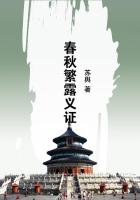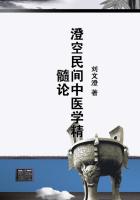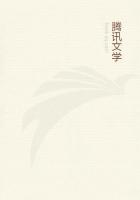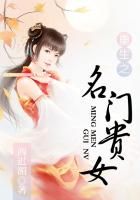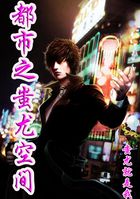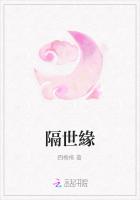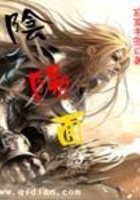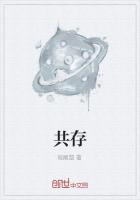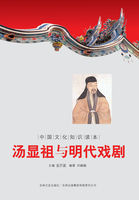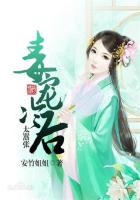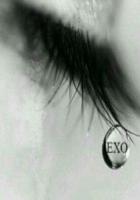A number of public trials of Homoeopathy have been made in different parts of the world. Six of these are mentioned in the Manifesto of the "Homoeopathic Examiner." Now to suppose that any trial can absolutely silence people, would be to forget the whole experience of the past. Dr. Haygarth and Dr. Alderson could not stop the sale of the five-guinea Tractors, although they proved that they could work the same miracles with pieces of wood and tobacco-pipe. It takes time for truth to operate as well as Homoeopathic globules. Many persons thought the results of these trials were decisive enough of the nullity of the treatment; those who wish to see the kind of special pleading and evasion by which it is attempted to cover results which, stated by the "Homoeopathic Examiner" itself, look exceedingly like a miserable failure, may consult the opening flourish of that Journal. I had not the intention to speak of these public trials at all, having abundant other evidence on the point.
But I think it best, on the whole, to mention two of them in a few words,--that instituted at Naples and that of Andral.
There have been few names in the medical profession, for the last half century, so widely known throughout the world of science as that of M. Esquirol, whose life was devoted to the treatment of insanity, and who was without a rival in that department of practical medicine.
It is from an analysis communicated by him to the "Gazette Medicale de Paris" that I derive my acquaintance with the account of the trial at Naples by Dr. Panvini, physician to the Hospital della Pace. This account seems to be entirely deserving of credit. Ten patients were set apart, and not allowed to take any medicine at all,--much against the wish of the Homoeopathic physician. All of them got well, and of course all of them would have been claimed as triumphs if they had been submitted to the treatment. Six other slight cases (each of which is specified) got well under the Homoeopathic treatment, none of its asserted specific effects being manifested.
All the rest were cases of grave disease; and so far as the trial, which was interrupted about the fortieth day, extended, the patients grew worse, or received no benefit. A case is reported on the page before me of a soldier affected with acute inflammation in the chest, who took successively aconite, bryonia, nux vomica, and pulsatilla, and after thirty-eight days of treatment remained without any important change in his disease. The Homoeopathic physician who treated these patients was M. de Horatiis, who had the previous year been announcing his wonderful cures. And M. Esquirol asserted to the Academy of Medicine in 1835, that this M. de Horatiis, who is one of the prominent personages in the "Examiner's" Manifesto published in 1840, had subsequently renounced Homoeopathy. I may remark, by the way, that this same periodical, which is so very easy in explaining away the results of these trials, makes a mistake of only six years or a little more as to the time when this at Naples was instituted.
M. Andral, the "eminent and very enlightened allopathist " of the "Homoeopathic Examiner," made the following statement in March, 1835, to the Academy of Medicine: "I have submitted this doctrine to experiment; I can reckon at this time from one hundred and thirty to one hundred and forty cases, recorded with perfect fairness, in a great hospital, under the eye of numerous witnesses; to avoid every objection--I obtained my remedies of M. Guibourt, who keeps a Homoeopathic pharmacy, and whose strict exactness is well known; the regimen has been scrupulously observed, and I obtained from the sisters attached to the hospital a special regimen, such as Hahnemann orders. I was told, however, some months since, that I had not been faithful to all the rules of the doctrine. I therefore took the trouble to begin again; I have studied the practice of the Parisian Homoeopathists, as I had studied their books, and I became convinced that they treated their patients as I had treated mine, and I affirm that I have been as rigorously exact in the treatment as any other person."
And he expressly asserts the entire nullity of the influence of all the Homoeopathic remedies tried by him in modifying, so far as he could observe, the progress or termination of diseases. It deserves notice that he experimented with the most boasted substances,-- cinchona, aconite, mercury, bryonia, belladonna. Aconite, for instance, he says he administered in more than forty cases of that collection of feverish symptoms in which it exerts so much power, according to Hahnemann, and in not one of them did it have the slightest influence, the pulse and heat remaining as before.
These statements look pretty honest, and would seem hard to be explained away, but it is calmly said that he "did not know enough of the method to select the remedies with any tolerable precision."
["Homoeopathic Examiner, vol. i. p. 22.
"Nothing is left to the caprice of the physician. (In a word, instead of being dependent upon blind chance, that there is an infallible law, guided by which; the physician MUST select the proper remedies.') "Ibid., in a notice of Menzel's paper.] Who are they that practice Homoeopathy, and say this of a man with the Materia Medica of Hahnemann lying before him? Who are they that send these same globules, on which he experimented, accompanied by a little book, into families, whose members are thought competent to employ them, when they deny any such capacity to a man whose life has been passed at the bedside of patients, the most prominent teacher in the first Medical Faculty in the world, the consulting physician of the King of France, and one of the most renowned practical writers, not merely of his nation, but of his age? I leave the quibbles by which such persons would try to creep out from under the crushing weight of these conclusions to the unfortunates who suppose that a reply is equivalent to an answer.

